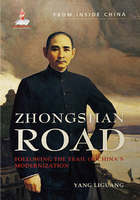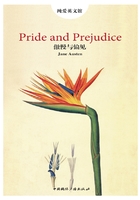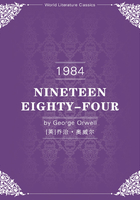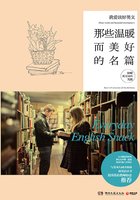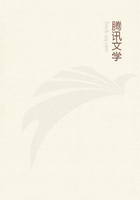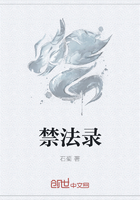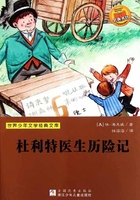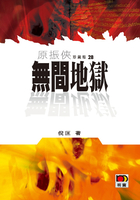1514: The Shortcuts and Wrong Turns of Two Worlds
East and West: two completely different civilizations, and two completely different modes of development—in the Middle Ages, completely parting paths.
After the Renaissance and Religious Reforms in Europe, the dark ages were historically left behind and the path to modern civilization had begun. China was in a state of flux, stuck in a bog of unity and disunity.
In 1514, the Portuguese arrived in coastal Guangdong, knocking on the old rusty, heavy doors of ancient China. It was then, that Xiangshan became the meeting place of East and West.
THE WESTERN PROVERB "all roads lead to Rome" is a widely known one. The metaphor describes how human civilizations may take unique paths, but we always end up at the same place. But in reality, there are always civilizations who reasonably and intelligently choose their development path, and those who become complacent and conservative, sometimes even in their ignorance walking away from progress.
British renowned scientist Joseph Needham posed two questions: why did modern science only develop in Europe? In the Middle Ages, the Chinese were much further advanced, so why did modern science not develop in China? This is the famous "Joseph Needham's puzzle" that Chinese and Western scholars alike have debated, and will debate for years to come.
Everybody knows that without modern science, there could be no industrial revolution. And without industrial revolution, we cannot even begin to talk about modern civilization. If we examine Joseph Needham's puzzle on a basic level, what he is actually asking is why, after the Middle Ages, was the once prosperous China left behind by Europe?
This truly is a great conundrum. From Joseph Needham himself, to economists, historians and cultural academics, academics from all fields of study have given their opinions, but seemingly nobody can provide a completely satisfactory answer.
Needham began with the element of "wisdom" and the socialeconomic structure in an attempt to solve his puzzle. "There was no way that Chinese philosophy could ever contend with the authority of European conceptions of the universe," he said. European scientists received their inspiration from natural laws to explain cause and effect. Next, he examined the differing world views of the Chinese and Europeans. "Natural laws are determined by a god, but the Chinese don't have the notion of a-creator'…-Creation' is an idea non-existent in their cosmology and religion…They didn't believe this was worth examining."
Needham summarizes modern science as "an application of imagination and experimentation." We can probably understand "godly laws" as a form of imagination, and the inquest into "natural laws" as a form of experimentation. The Chinese people never had true faith in religion, let alone accept the notion of "godly laws," so they completely lacked the "imagination" necessary to create modern science.
It cannot be denied that Copernicus, Galileo and other great scientists of the Renaissance in their search for "godly laws" cultivated their own sense of reason and logic, and planted the seeds of modern science.
Besides philosophical and religious influence, Needham also stressed the importance of the social-economic structure, because "the creation of modern science is a direct result of the economic situation." "There was a time when it was believed that the European nobles were stronger than China's bureaucratic ruling class, but actually, the opposite is true. In Europe, businesspeople and regular citizens were able to break the barriers of the nobles and join in alliance to ovethrow the feudalism when the opportunity came. They first conceived commercial capitalism, and later, industrial capitalism. Bureaucrats of the Chinese imperial court seemed weaker upon first glance, but in reality they were much more powerful than the nobles of Europe. Chinese businesspeople never succeeded in disposing this class." [5] In other words, modern science goes hand-in-hand with modern capitalism.
The falls and disgraces of modern China are the aching of the proud Chinese. These scars are deep, and are a reminder of the need to examine the reasons for their infliction.
Not long ago, economist Lin Yifu once again attempted to track "Needham's conundrum." First, he described the present mainstream academic views: "The widely recognized 'high level equilibrium trap' view states that China's innovation downfall is the fate of an increasing pressure of the population-land ratio. After reaching a high level of productivity, and due to the influence of traditional Confucian notions of male supremacy, the Chinese population began to increase at a rapid rate as early marriages and births became more common. This expansion decreased individual land size, made labor cheaper, and nullified the need to replace human labor with industrial innovation. So, even though in the 14th century China was at the tip of an industrial revolution, the population had reached such a level that there was no need to replace human labor with machinery. At the same time, the decline in personal surplus acted as a barrier to the investment capital required for industrialization to be realized. In Europe, properties were more reasonably sized, and there was a greater potential economic equilibrium, when the level of knowledge required was attained, the ability to save on human labor was met with open arms, with a large number of agricultural investors providing the capital to realize an industrial revolution."
Lin Yifu obviously does not agree with this notion of a "high equilibrium trap." He therefore put forth his own hypothesis. His hypothesis is constructed of two main points: the first being a change in the nature of technology, the second being the influence of the former imperial examination system on Chinese scholars.

